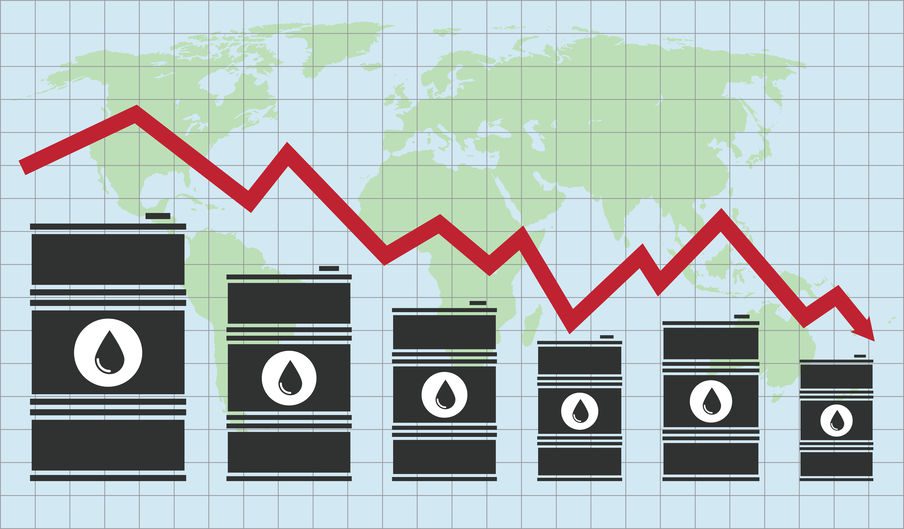The decline in the demand for petroleum products worldwide has delivered a severe blow to the oil and gas industry in Texas as companies are forced to reduce expenses as revenues fall through the floor.
The oversupply of oil caused prices to decline from $60 per barrel in January to a low of -$37 on April 20. The unprecedented crash caused most companies to announce they would cut capital expenditures immediately. The U.S. drilling rig count fell to 318 this week from 915 a year ago, and the Texas Workforce Commission reports the industry in Texas cut 26,300 jobs during April, another record.
Companies had to cut oil production quickly, and they did. The Energy Information Administration (EIA) estimates U.S. oil production has declined about 1 million barrels per day (b/d) from a high of 13 million b/d in March.
Rystad Energy predicts U.S. oil production will decline even further reaching 10.7 million b/d this summer.
Other large oil producers – Saudi Arabia and Russia – have cut production also. Some reports indicate they will trim output by 10 million b/d during the next several months.
Bloomberg reported Russian Energy Minister Alexander Novak said global output curbs have so far exceeded those agreed by the coalition. He said total oil production worldwide has been reduced by about 15 million barrels.
Total oil production in January was about 100 million b/d, and demand had declined to as much as 80 million leaving an excess of supply of 20 million b/d.
The reduction in the huge oversupply imbalance has resulted in firmer prices. Since the price collapse just a month ago, prices on the New York Mercantile Exchange increased to $34 this week for West Texas Intermediate and the price on the international market for Brent rose to $36.
The International Energy Agency sees oil consumption eventually rebounding past pre-virus levels, even as some argue that the coronavirus outbreak will fundamentally shift patterns of consumption. Fatih Birol, executive director of the IEA, said oil consumption hasn’t yet peaked, countering speculation that the virus will have a long-term impact. “In the absence of strong government policies, a sustained economic recovery and low oil prices are likely to take global oil demand back to where it was, and beyond,” Birol told Bloomberg.
Alex Mills is the former President of the Texas Alliance of Energy Producers.
Alex Mills is the former President of the Texas Alliance of Energy Producers. The Alliance is the largest state oil and gas associations in the nation with more than 3,000 members in 305 cities and 28 states.






